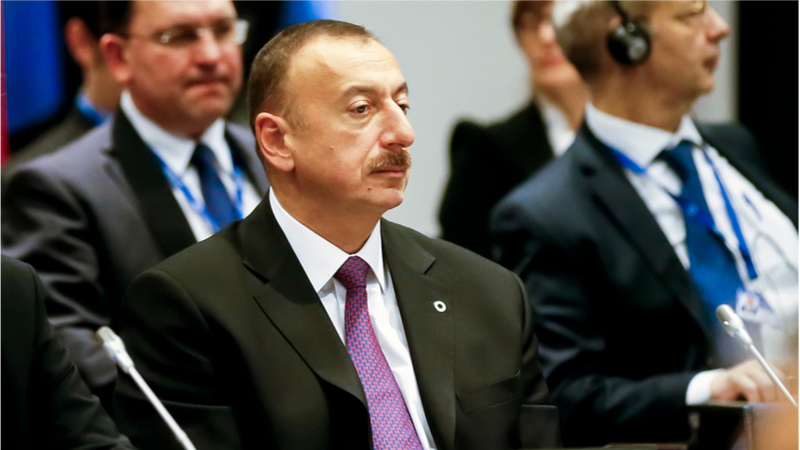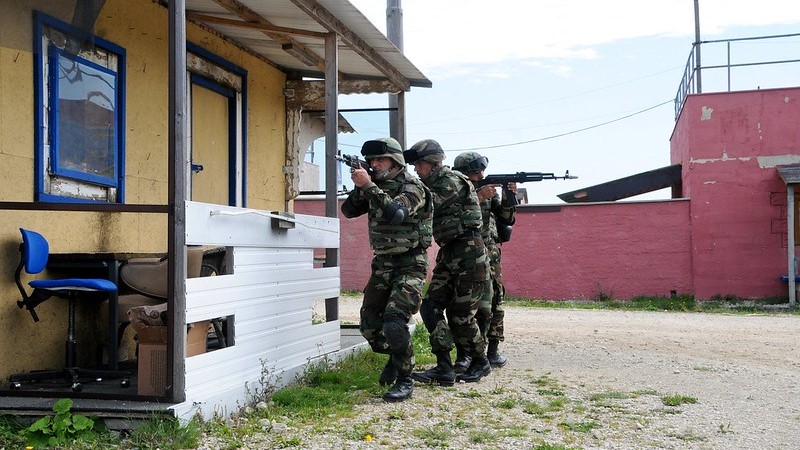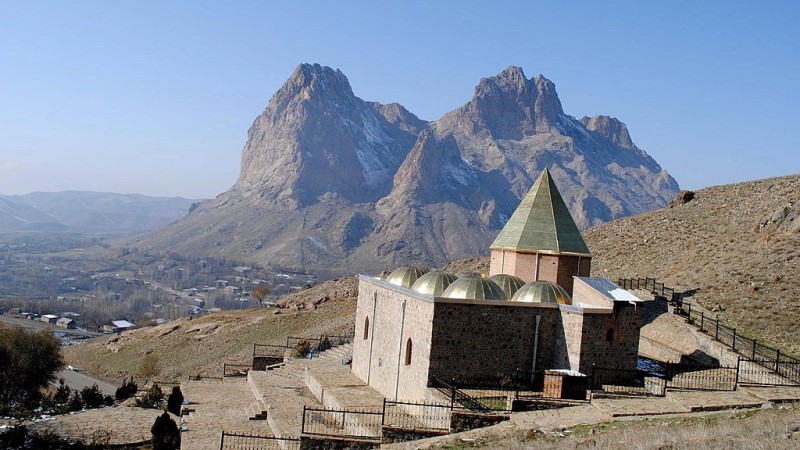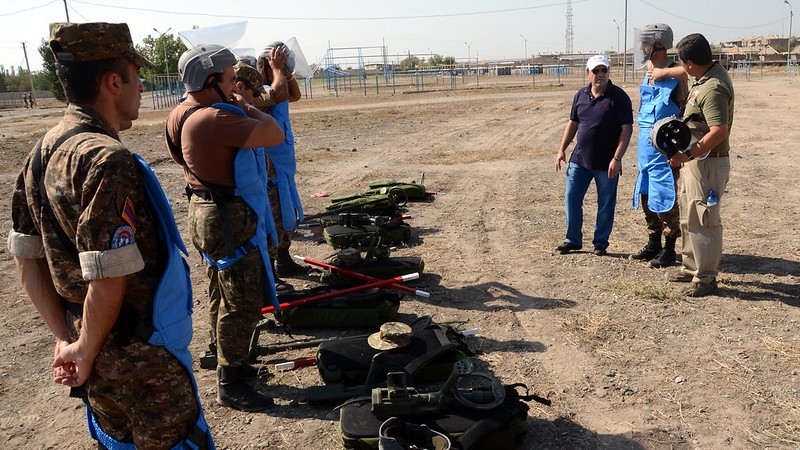Azerbaijan and Russia's Invasion of Ukraine
By Natalia Konarzewska
April 6, 2022
Like several other countries, Azerbaijan seeks to retain functioning relations with both Russia and Ukraine amid Russia’s invasion. Baku provides Ukraine with humanitarian aid yet avoids actions directly opposing Moscow for fear of retaliation. Baku’s position reflects its interest in maintaining Russia’s acceptance of Azerbaijan’s multi-vector foreign policy and in gaining Moscow’s support for its objectives in Nagorno-Karabakh. Moreover, the recent surge of violence in Nagorno-Karabakh suggests that Baku is taking advantage of the opportunity arising as Western and Russian attention is directed elsewhere to improve its own position vis-à-vis the separatist region.

The prospect of six-party regional cooperation in the South Caucasus
By Fuad Shahbazov
January 26, 2022, the CACI Analyst
On October 6, 2021, Russia’s Minister of Foreign Affairs Sergei Lavrov met his Iranian counterpart Hossein Amir Abdollahian in Moscow to discuss regional security and economic cooperation, and to address important concerns regarding the crisis in the South Caucasus. During the joint press conference, Lavrov repeatedly highlighted the idea of a “3+3 cooperation format” including the three South Caucasus states – Armenia, Azerbaijan, and Georgia – plus their three large neighbors, Russia, Turkey, and Iran, to focus on unlocking economic and transport communications in the region. The first meeting within the format took place in Moscow on December 2021; however, Georgia refused to take part. Moreover, recent tensions in the region between Armenia and Azerbaijan as well as Azerbaijan and Iran suggest that the proposed format will not generate visible positive outcomes.

New Tensions Rising along Armenia-Azerbaijan Border
By Emil A.Souleimanov and Huseyn Aliyev
June 10, 2021, the CACI Analyst
Starting in mid-May, a wave of confrontations between Armenian and Azerbaijani forces have taken place in disputed border areas after large-scale fighting between the two states ended in November last year. While both sides trade accusations of violating each others’ international borders, there may be logical reasons for the recent spike in Armenian-Azerbaijani confrontations and their timing. Armenia’s upcoming parliamentary elections, unresolved issues of prisoners of war, the status of Nagorno-Karabakh, and the question of the “Zangezur/Syunik corridor” have all possibly contributed to the recent events.

Armenia and Azerbaijan at odds over Planned Transport Link
By Natalia Konarzewska
June 7, 2021, the CACI Analyst
Baku is preparing to open a transit corridor that will link Azerbaijani territory with its Nakhichevan exclave through southern Armenia. President Ilham Aliyev recently announced the construction of a railway that will link Azerbaijan proper with Nakhichevan and ramped up the rhetoric against Armenia, which remains reluctant towards the project. Most of the Armenian public and experts consider the transit corridor to be a geopolitical threat rather than a new opportunity for enhanced connectivity. This standoff recently turned into full-fledged security crisis as Azerbaijan’s army advanced into the territory of southern Armenia in mid-May.

Caucasian Knots Take Shape in the Armenia-Azerbaijan Ceasefire
By Robert M. Cutler
May 11, 2021, the CACI Analyst
The implementation of the trilateral agreement brokered by Russia on the night of November 9-10, 2020, between Armenia and Azerbaijan continues in fits and starts. Most near-term questions have been resolved. How intermediate-term issues turn out depend upon the results of the snap parliamentary elections called in June by Armenian Prime Minister Nikol Pashinyan. As for the longer-term outcome, this is more difficult to estimate, and it is path-dependent upon those elections. In this regard, events on the ground—but not only the elections—are still in control, even if these are no longer military events.





